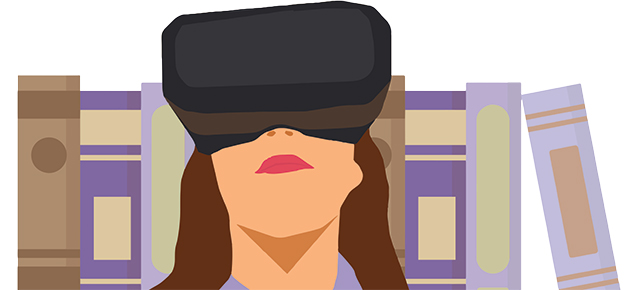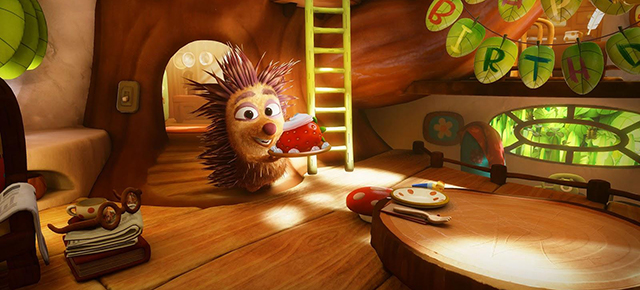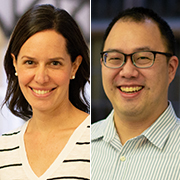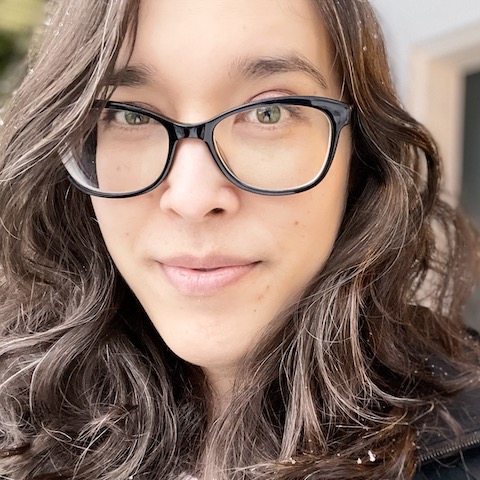What We Do
Researchers in the Digital Youth Lab explore the transformative potential of new and future technologies in young people’s lives. Drawing on a variety of methods and disciplinary perspectives, our work encompasses topics such as co-designing new technologies, youth well-being, computing education, developing literacies, and learning across settings. Spanning global contexts, our research addresses the role of digital media and information technologies in relation to access and equity for youth and their communities.
Katie Davis guest edits special edition of journal on adolescent development
Digital Youth Lab researcher Katie Davis guest edited a special issue of the Journal of Adolescent Research on young people's development in an age of social media. Read it here.
'How the iSchool explores youth tech use through phones, fanfiction, and more'
Read about our research in this November 2019 article in the UW Daily, quoting Digital Youth Lab faculty Katie Davis, Amy Ko and Jason Yip. "Where I start with all my research is really take the time to understand what [youth] are doing, why they’re doing it, and what it means to them," Davis says in the story.
Beverly Cleary Professorship
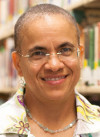 In fall 2016, Professor Michelle Martin joined the iSchool as the Beverly Cleary Endowed Professor in Children and Youth Services. This endowed Professorship was created to honor the work of renowned author and librarian Beverly Cleary, who graduated from the iSchool in 1939.
In fall 2016, Professor Michelle Martin joined the iSchool as the Beverly Cleary Endowed Professor in Children and Youth Services. This endowed Professorship was created to honor the work of renowned author and librarian Beverly Cleary, who graduated from the iSchool in 1939.
Digital Youth Lab News
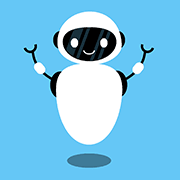 Do Alexa and Siri make kids bossier? Research suggests you need not worry
Do Alexa and Siri make kids bossier? Research suggests you need not worry
Does hanging out with Alexa or Siri affect the way children communicate with their fellow humans? Probably not, according to a recent study led by Assistant Professor Alexis Hiniker. Researchers found that children are sensitive to context when it comes to these conversations.
Digital Youth Lab researchers Alexis Hiniker and Jason Yip are part of a new network that will study learning technologies, with the goal of reducing inequalities in children's learning and development. Supported by an $11 million grant from the Jacobs Foundation, the network — Connecting the EdTech Research EcoSystem (CERES) — is based at the University of California, Irvine.
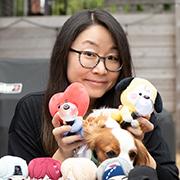 Music services fall short for superfans
Music services fall short for superfans
Jin Ha Lee, a Digital Youth Lab researcher and proud BTS fan, has been researching how well streaming services support the band's fanbase. She found that the services' recommendations are frequently off-target, and that they lack features that would enhance fans' experience.
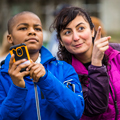 Nature app sees results in the wild
Nature app sees results in the wild
After receiving a UW Innovation Award, researchers collaborated with children to codesign an app, NatureCollections, that encourages tweens to explore their natural surroundings, take photos of nature and curate them into themed collections.
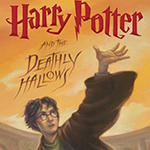 An inclusive experience for Harry Potter fans
An inclusive experience for Harry Potter fans
Professor Michelle Martin and collaborators published "Harry Potter in the 21st Century: Leveraging Problematic Fiction to Infuse Social Justice into LIS Curriculum" in the December 2020 edition of Alki: The Washington Library Association Journal. The article documents how to create inclusive programming that capitalizes on Harry Potter fandom.
 Karen Fisher designing technology for Syrian refugees
Karen Fisher designing technology for Syrian refugees
Karen Fisher, a Digital Youth Lab researcher and professor at the Information School, recently received a Google Award for Inclusion Research to support her work in designing mobile technology for young Syrian refugee women in Jordan.
Led by Professor Amy Ko, University of Washington researchers and teacher educators are launching a new partnership to prepare computer science teachers who position young people to understand and shape the impacts of computing on their communities.

